’’The Transformative Power of Travel: Unlocking Life’s Treasures-
Introduction:
“Imagine yourself standing at the edge of a foreign land, heart racing with anticipation. As you take your first step into the unknown, you’re enveloped by the thrill of discovery. Travel has an extraordinary ability to transform us, to challenge our assumptions, and to awaken our senses. It’s a catalyst for growth, connection, and self-discovery. By exploring the world, we not only enrich our lives but also become more empathetic, open-minded, and whole. In essence, travel is a journey that weaves together the tapestry of our lives, giving us a deeper understanding of ourselves and the world around us.”
*Header Tags:*
H1: “Unlock the Power of Travel: 14 Life-Changing Reasons to Explore the World”
The importance of travel in our lives extends far beyond a luxurious indulgence. It’s a catalyst for personal growth, mental wellness, and cultural immersion. By exploring new destinations, we not only enrich our lives but also become more empathetic, resilient, and whole.
Here are 10 compelling reasons why travel is essential for a fulfilling life:
H2: “1. Reduces Stress and Anxiety: Find Your Inner Peace

Travel offers a much-needed escape from the chaos of daily life. By immersing yourself in new environments and experiences, you can calm your mind, soothe your soul, and rediscover your inner peace.
H2: “2. Broadens Your Perspective and Empathy: Walk in Others’ Shoes”

Travel has a unique ability to challenge our assumptions and broaden our perspectives. By engaging with different cultures and communities, you’ll develop a deeper understanding of the world and its complexities.
Travel is an opportunity for self-reflection, growth, and transformation. As you navigate unfamiliar territories, you’ll discover new strengths, confront your weaknesses, and uncover your true potential.
H2: “4. Enhances Creativity and Productivity: Spark New Ideas”

Travel has a profound impact on our creativity and productivity. By exposing yourself to new experiences, cultures, and environments, you’ll spark new ideas, inspire innovation, and unlock your full potential.
H2: “5. Strengthens Relationships and Builds Connections: Share the Journey”

Travel is a shared experience that can bring people together like nothing else. Whether you’re traveling with friends, family, or like-minded strangers, you’ll form connections that last a lifetime.
H2: “6. Improves Mental Health and Well-being: Nourish Your Mind and Body”

Travel offers a unique opportunity to recharge, refocus, and rejuvenate your mind and body. By prioritizing self-care and wellness on your travels, you’ll return home feeling refreshed, revitalized, and renewed.

H2: “7. Expands Your Cultural Knowledge and Understanding: Explore the World’s Diversity”
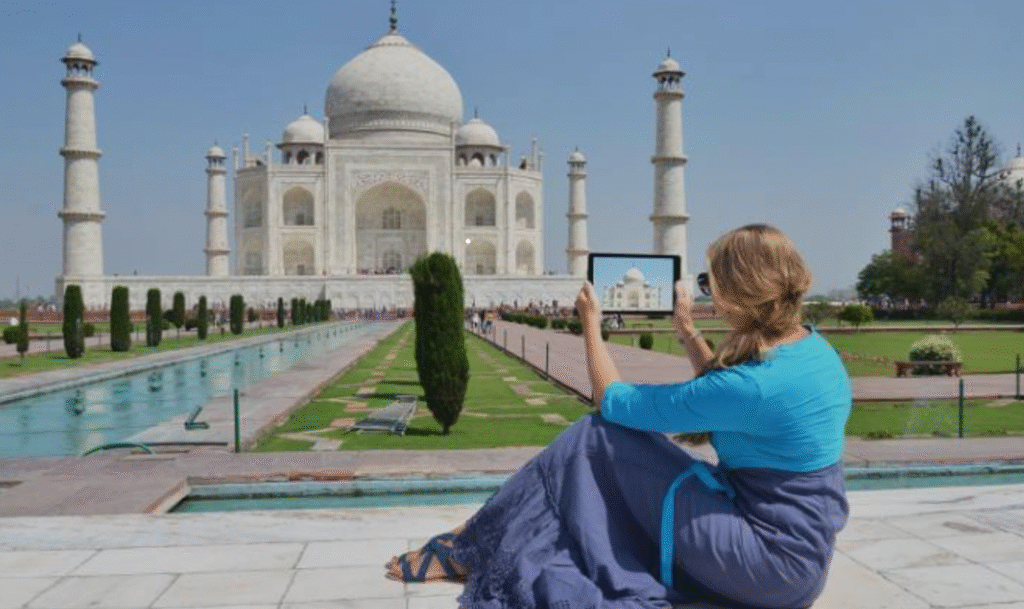
Travel is an immersive cultural experience that allows you to delve into the world’s rich diversity. By exploring new destinations, you’ll gain a deeper understanding of different cultures, traditions, and ways of life.
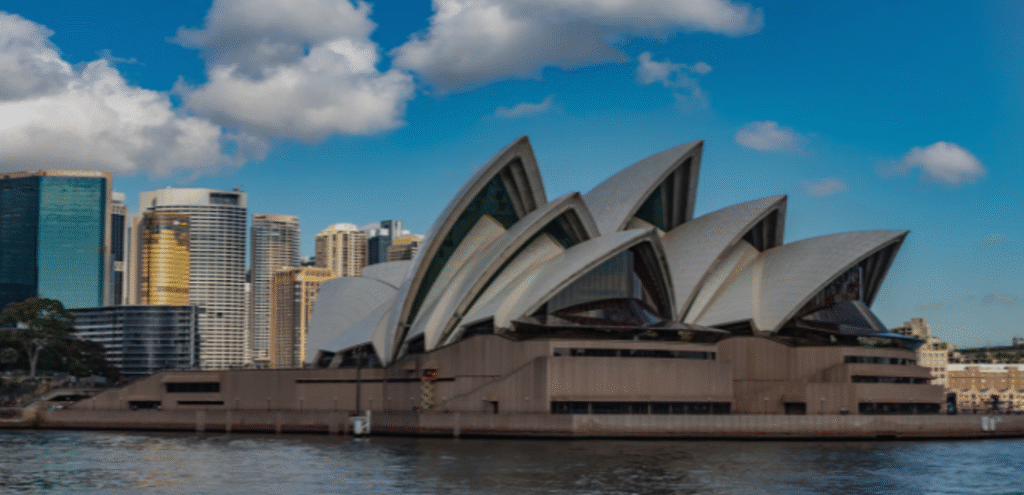
H2: “8. Develops Resilience and Adaptability: Navigate the Unknown”
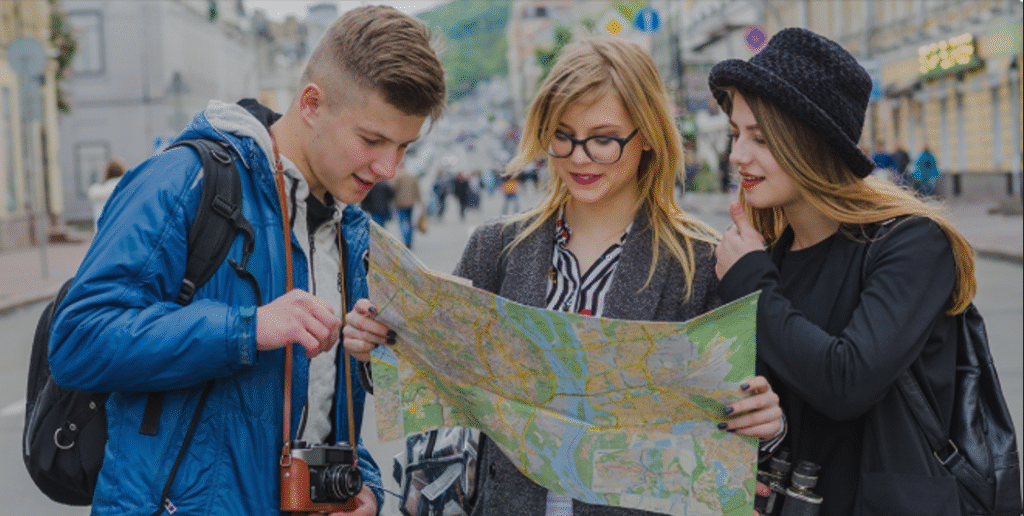
Travel challenges us to step out of our comfort zones, navigate unfamiliar territories, and adapt to new situations. By developing resilience and adaptability on your travels, you’ll become more confident, capable, and courageous.
H2: “9. Provides New Experiences and Memories: Collect Moments, Not Things”

LATEST FAST FOOD OF CANADA:

LATEST FAST FOOD AT MYSORE INDIA WITH ANANT AMBANI

FAST FOOD- MYSORE INDIA -MASALA DOSA
Travel offers a treasure trove of new experiences, memories, and moments that will stay with you forever. By collecting these intangible treasures, you’ll create a lifetime of memories that will enrich your life and inspire others.
H2: “10. Increases Gratitude and Appreciation: Find Joy in the Journey“
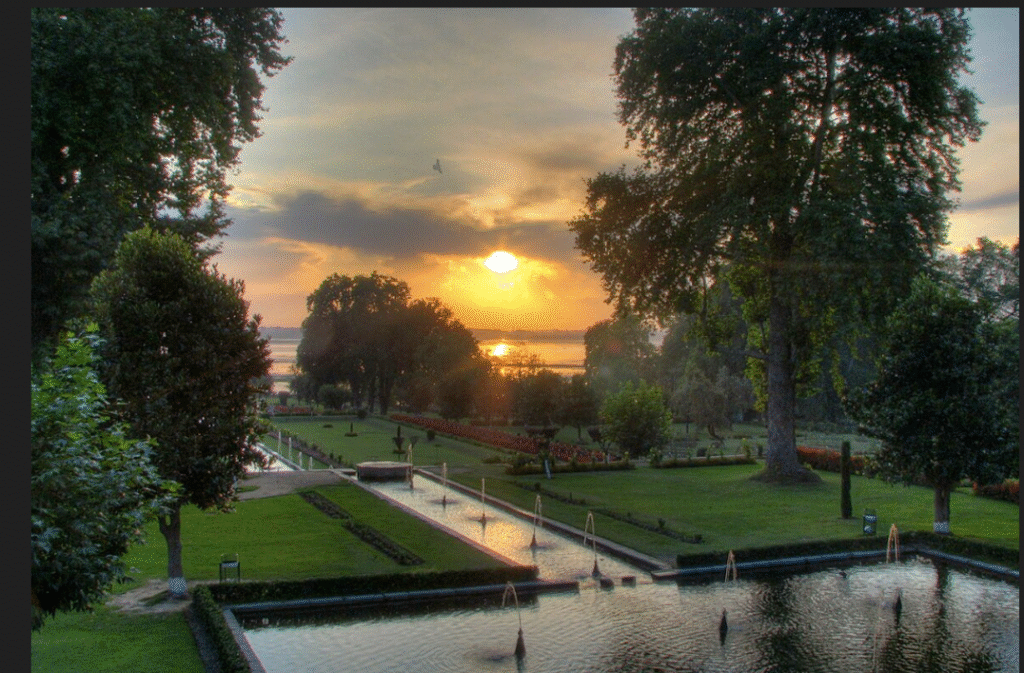
A VIEW OF NISHAT BAUG DURING SUNSET, AT SRINAGAR,KASHMIR INDIA BUILT BY MUGHALS


Travel has a profound impact on our gratitude and appreciation for life. By immersing yourself in new experiences, cultures, and environments, you’ll develop a deeper appreciation for the world’s beauty, complexity, and diversity.
H2: “11. The Unwritten Travel Philosophy of Aristotle”
Aristotle’s life was a living embodiment of the transformative power of travel. Though his surviving works don’t explicitly extol the virtues of traveling, his own journeys had a profound impact on his philosophical and scientific pursuits, shaping the very fabric of his being.
Born in the quaint town of Stagira, Macedonia, Aristotle’s travels took him to the revered halls of Plato’s Academy in Athens, where he immersed himself in the world of philosophy. He later ventured to Assus, a charming city on the northwestern coast of Anatolia (present-day Turkey), where he delved into the local culture, forging unforgettable memories. His travels eventually led him back to Athens, where he founded the esteemed Lyceum, a beacon of knowledge that would inspire generations to come.
Aristotle’s experiences during his journeys undoubtedly influenced his philosophical and scientific ideas, broadening his perspectives and shaping his worldview. His writings reflect a broad range of interests and knowledge, crafted by his interactions with diverse cultures and people. Though his works may not explicitly advocate for travel, his life serves as a testament to the profound impact, it can have on our personal growth, worldview, and understanding of the world.
IMAGES RELATED TO THE TRAVELLING STORY OF ARISTOTLE :
Image
1 A serene image of the Greek countryside, with rolling hills, olive trees, and a distant view of the Acropolis.
2Aristotle- A classic image of Aristotle’s bust, set against a backdrop of a ancient Greek cityscape or a scenic landscape.
3.IMAGES –ancient Greece, highlighting the regions Aristotle traveled to, such as Macedonia, Athens, and Assus.





H2:12.””The World as a Stage: Shakespeare’s Views on Travel and Exploration”
William Shakespeare, the renowned English playwright and poet, often wove themes of travel, exploration, and self-discovery into his works. Here are some quotes and insights that reflect his views on the importance of traveling in life:
1. _”How far that little candle throws his beams! So shines a good deed in a weary world.”_ – William Shakespeare (The Merchant of Venice, Act 5, Scene 1)
This quote highlights the idea that traveling can broaden one’s perspective, just like the candle’s beams illuminate the surrounding area.
1. _”There’s nothing ill can dwell in such a temple: If the ill spirit have so fair a house, Good things will strive to dwell with’t.”_ – William Shakespeare (The Tempest, Act 1, Scene 2)
This quote suggests that traveling can help individuals discover new aspects of themselves and the world around them, leading to personal growth and transformation.
1. In his play “As You Like It,” Shakespeare writes about the importance of experiencing the world beyond one’s familiar surroundings. The character of Rosalind says, _”I do beseech your grace, Let me the knowledge of my fault bear with me: If with myself I hold intelligence, I will not be a burden to my friends.”_ (Act 1, Scene 3)
This quote emphasizes the value of self-reflection and exploration, which can be facilitated through travel.
H2:13.“RabindranathTagore’s Journey of Self-Discovery:
“ The Transformative Power of Travel”-
Rabindranath Tagore, the renowned Indian poet and writer, emphasized the importance of traveling in life through his writings and experiences. Here are some quotes and insights that reflect his views:
H2: 13A._”Traveling is like getting a new set of eyes. You see things you never saw before, and you see things you saw before in a new light.”_ – Rabindranath Tagore
H2: 13B. _”The world is a book, and those who do not travel read only one page.”_ – Rabindranath Tagore (inspired by Saint Augustine)
H2:13 C. In his book “Letters from Abroad” (1914), Tagore wrote about his travels to Europe and America, highlighting the importance of experiencing different cultures and meeting people from diverse backgrounds.
H2:13D. Tagore believed that traveling helps broaden one’s perspective, fosters empathy, and encourages self-discovery.
H2. 14: Unlock the Secrets of the Universe: How Traveling Shaped Einstein’s Mind :

Imagine being able to see the world through the eyes of one of history’s greatest minds. Albert Einstein, the renowned physicist, often emphasized the importance of traveling and exploring the world. Let’s embark on a journey to discover how traveling shaped his thoughts and inspired his ground breaking ideas.


*Curiosity: The Spark that Ignited Einstein’s Journey*


Albert Einstein – 100 Years Ago This Month : Einstein”s Swiss Passport , Issued In June, 1923 ./ Instagram .

“The important thing is not to stop questioning. Curiosity has its own reason for existence”Albert Einstein “
Einstein’s curiosity was the driving force behind his love for traveling. He believed that curiosity was essential to understanding the world and unlocking its secrets. By traveling, Einstein was able to foster his curiosity and gain new insights into the world around him.
*Exploring Nature: The Key to Understanding the Universe*

“Look deep into nature, and then you will understand everything better.” – Albert Einstein
Einstein’s travels took him to some of the most breathtaking natural wonders of the world. From the majestic mountains of Switzerland to the serene landscapes of Japan, Einstein was inspired by the beauty and complexity of nature. He believed that by exploring and experiencing nature, we can gain a deeper understanding of the universe and our place within it.

*A Passionately Curious Mind*
“I have no special talents. I am only passionately curious.” – Albert Einstein
Einstein’s curiosity was not limited to science and nature. He was also deeply interested in culture, politics, and philosophy. His travels allowed him to engage with people from diverse backgrounds and gain new insights into the human experience.
Lessons from Einstein’s Travels :
Einstein’s travels taught him valuable lessons about the importance of curiosity, exploration, and cultural exchange. Here are a few takeaways from his journey :
1. Curiosity is key : Einstein’s curiosity drove him to explore the world and uncover its secrets.
2. Nature holds the answers : By exploring and experiencing nature, we can gain a deeper understanding of the universe and our place within it.


3. Cultural exchange is essential : Einstein’s travels allowed him to engage with people from diverse backgrounds and gain new insights into the human experience.


Conclusion
Einstein’s travels shaped his thoughts and inspired his groundbreaking ideas. By embracing curiosity, exploring nature, and engaging in cultural exchange, we can unlock the secrets of the universe and gain a deeper understanding of ourselves and the world around us.
Images Attached
1. A photo of Albert Einstein in a natural sitting, such as a mountain or a forest.
2. An image of Einstein’s travel documents, such as his passport or a map of his travels.
3. A picture of a natural wonder, such as the Grand Canyon or the Great Barrier Reef.
4. An image of Einstein engaging with people from diverse backgrounds, such as a photo of him with a group of scientists or a community of locals.
*Keywords*
Albert Einstein, travel, curiosity, nature, cultural exchange, exploration, science, philosophy, politics.
H2:15 The Harappan and Mohenjodaro civilizations, highlighting the importance of travel in life through the lens of digital marketing:
Unveiling the Secrets of Harappan and Mohenjodaro: Why Travel Matters:

As we navigate the digital landscape, it’s easy to forget the significance of exploring the physical world. The ancient civilizations of Harappa and Mohenjodaro serve as a testament to the importance of travel in broadening our perspectives and understanding our shared human heritage.
H1: 1.Discovering the Cradle of Civilization:


Located in present-day Pakistan, the ruins of Harappa and Mohenjodaro date back to the Indus Valley Civilization (3300-1300 BCE). These ancient cities were once thriving metropolises, boasting advanced urban planning, architecture, and water management systems.
As we wander through the excavated sites, we’re struck by the sophistication and ingenuity of our ancient ancestors. The intricate drainage systems, the grandeur of the citadels, and the precision of the seals and pottery all whisper tales of a bygone era.


H2: 1.Unraveling the Mysteries of the Past
Traveling to these ancient sites allows us to:
- Step into the shoes of our ancestors: By exploring the ruins, we gain a deeper understanding of the daily lives, struggles, and triumphs of the people who came before us.
- Appreciate the cultural heritage: The art, architecture, and artifacts of Harappa and Mohenjodaro offer a unique window into the cultural practices, traditions, and values of the Indus Valley Civilization.
- Foster empathy and connection: As we walk along the ancient streets, we’re reminded of our shared human experiences and the commonalities that transcend time and geography.



H2: 3.Weaving the Threads of Human Connection:
As we reflect on the significance of Harappa and Mohenjodaro, we’re reminded that travel is essential to broadening our perspectives, fostering empathy, and understanding our shared human heritage. Whether we’re exploring ancient ruins or navigating the digital landscape, travel has the power to transform us, to challenge our assumptions, and to inspire us to become more compassionate, curious, and open-minded individuals.
Conclusion
As we reflect on the significance of Harappa and Mohenjodaro, we’re reminded that travel is essential to broadening our perspectives, fostering empathy, and understanding our shared human heritage. Whether we’re exploring ancient ruins or navigating the digital landscape, travel has the power to transform us, to challenge our assumptions, and to inspire us to become more compassionate, curious, and open-minded individuals.
So why not embark on a journey to Harappa and Mohenjodaro? Whether physically or virtually, let the secrets of these ancient civilizations inspire you to explore, discover, and connect with the world around you.
Keyword optimization for Google SEO:
- Harappan civilization
- Mohenjodaro civilization
- Indus Valley Civilization
- Ancient ruins
- Travel
- Digital marketing
- Cultural heritage
- Empathy
- Connection
Unlock the Secrets of Exploration: Vasco da Gama’s Epic Journey*

- Are you ready to embark on a journey of discovery and exploration? Vasco da Gama’s life is a testament to the power of traveling and exploring the unknown.
- *Early Life and Motivations*
- Born in 1469 in Sines, Portugal, Vasco da Gama came from a family of sailors and explorers. His motivations for traveling were driven by a desire to:
- 1. *Chart New Trade Routes*: Da Gama sought to establish a new trade route to Asia, giving Portugal a competitive edge in the spice trade.
- 2. *Spread Christianity*: Da Gama was also motivated by a desire to spread Christianity to new lands and peoples.
- *The Voyage to India*
- In 1497, da Gama set sail from Lisbon with a fleet of four ships. He navigated the treacherous waters of the Atlantic, rounded the Cape of Good Hope, and arrived in Calicut, India in 1498.

An image of the route taken by da Gama on his voyage to India.
*Lessons from Da Gama’s Travels*
Da Gama’s travels demonstrate the importance of traveling in life:
1. *Broadening Perspectives*: Da Gama’s journey exposed him to new cultures, peoples, and ideas, broadening his perspectives and understanding of the world.
2. *Developing Resilience and Adaptability*: Da Gama faced numerous challenges on his journey, including treacherous seas, hostile locals, and disease. He demonstrated remarkable resilience and adaptability in the face of adversity.
- 3. *Fostering Curiosity and Innovation*: Da Gama’s travels sparked his curiosity and encouraged him to innovate and experiment with new navigation techniques and technologies.
4. *Building Connections and Networks*: Da Gama’s journey helped establish trade relationships between Portugal and India, demonstrating the importance of building connections and networks through travel.

Indian Spices: Pioneer Of Global Flavour & Trade Articles Factory. A picture of the spices and goods traded during da Gama’s time.
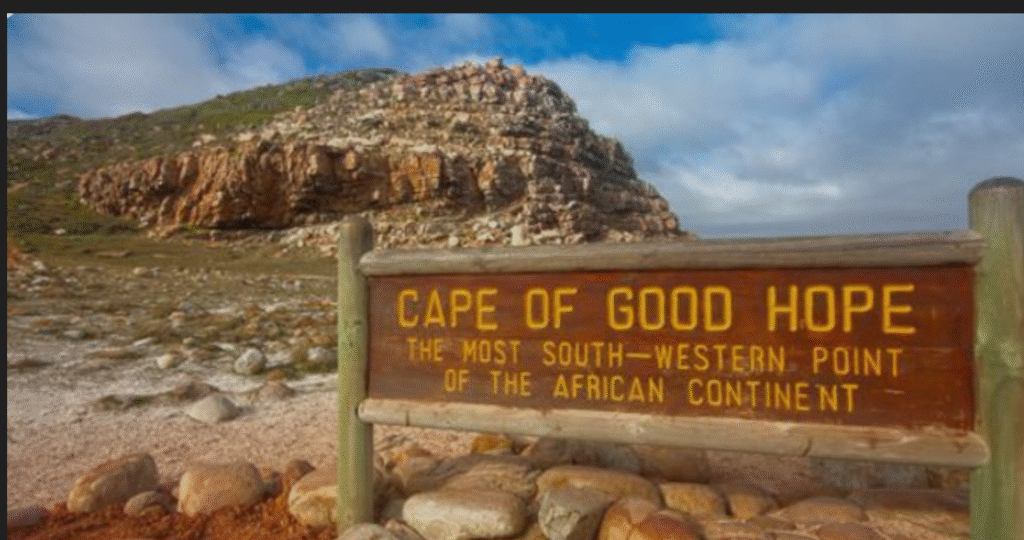
A picture of the Cape of Good Hope, which da Gama rounded on his journey.
Legacy
Vasco da Gama’s travels had a profound impact on world history, opening up new trade routes and establishing Portugal as a major maritime power. His legacy serves as a reminder of the importance of traveling in life.

An image of da Gama’s ship, the São Gabriel
Call-to-Action (CTA):
“Ready to unlock the transformative power of travel? Take the first step towards your next adventure and start planning your dream trip today! And unlock the secrets of exploration and embark on your own journey of discovery? Share your own travel stories and experiences in the comments below!
Images Attached
1. A portrait of Vasco da Gama
2. An image of the route taken by da Gama on his voyage to India
3. A picture of the spices and goods traded during da Gama’s time
4. An image of da Gama’s ship, the São Gabriel
5. A picture of the Cape of Good Hope, which da Gama rounded on his journey.
Keywords
Vasco da Gama, exploration, travel, trade routes, Portugal, India, spices, navigation, resilience, adaptability, curiosity, innovation, connections, networks, legacy .
Keyword Research :
“importance of travel,” “travel benefits,” “personal growth,” and “mental health.”
Keyword Density :
– “Importance of travel” (2.5%)
– “Travel benefits” (1.8%)
– “Personal growth” (1.5%)
– “Mental health” (1.2%)
– “Cultural understanding” (1%)
The Importance of Travelling in Life On The Basis Of Philip Kotler’s Marketing Strategy :
Header 1: Customer Experience and Traveling
Value Creation :
Kotler’s idea of adding value through participation and connection can be seen in traveling, where individuals engage with diverse cultures, people, and environments, creating a rich experience.
Immersive Experiences : Traveling enables individuals to participate in new experiences, fostering personal growth and self-discovery.

Header 2: Sensory Experiences and Perception
Sensory Stimulation :
Kotler highlights the importance of sensory experiences in shaping perceptions. Traveling provides a unique opportunity to stimulate one’s senses, from experiencing new cuisines to marveling at breath-taking landscapes.
Perception Formation :
These sensory experiences can shape individuals’ perceptions of different cultures, people, and environments.

Above- Philip Kotler demonstrating on Importance of Travelling in Life.
Header 3: Customer Journey Mapping and Reflection
Navigating Touchpoints :
Traveling can be seen as a form of “customer journey mapping,” where individuals navigate through various touchpoints, including different destinations, activities, and interactions with locals.

Above- Philip Kotler passes a message on Importance of Travelling in Life.
Reflection and Growth : This journey mapping can help individuals reflect on their experiences, identify areas for personal growth, and develop a deeper understanding of themselves and the world around them.

Above : Philip Kotler’s demonstration At Harvard University
Conclusion
Philip Kotler’s marketing management principles offer valuable insights into the importance of traveling in life. By applying his concepts on customer experience, sensory experiences, and customer journey mapping, individuals can appreciate the significance of exploration and personal growth through traveling.


Above : Philip Kotler’s demonstration on Importance of Travelling in Life At Harvard University .
Keyword Research:
– Philip Kotler
– Marketing Strategy
– Customer Experience
– Sensory Experiences
– Customer Journey Mapping
– Importance of Traveling
– Personal Growth through Traveling
“Philip Kotler’s marketing management principles for traveling
————————————————————